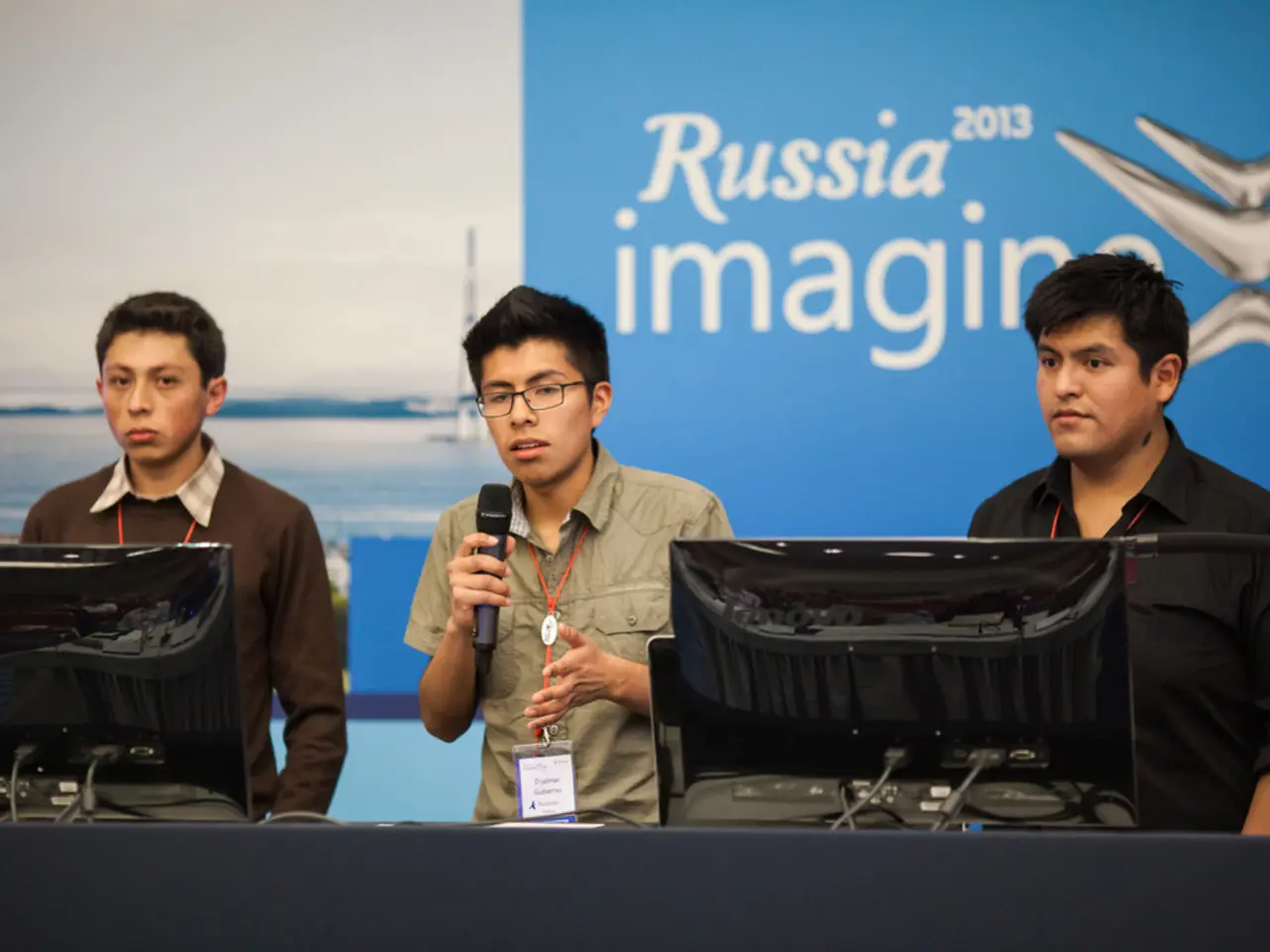Zelensky and European human rights authority form court to enable accusation of Russian government officials
In a significant move, Ukrainian President Volodymyr Zelensky has inked an agreement with the Council of Europe (CoE) to establish a Special Tribunal for the Crime of Aggression, taking aim at senior Russian officials implicated in the prolonged conflict.
The agreement's signing took place on June 25, 2025, in Strasbourg, France, the Council's headquarters, in the presence of CoE Secretary General Alain Berset [1][3][4]. This tribunal is specifically designed to bring high-level political and military figures to justice for their role in Russia's full-scale invasion of Ukraine, focusing on the "crime of aggression" as defined by the United Nations Charter [3][4].
While existing international courts, like the International Criminal Court, lack jurisdiction to prosecute Russian nationals for this specific offense [3][4], the tribunal offers a milestone in holding senior Russian officials accountable. However, it's worth noting that sitting top Russian officials, such as President Vladimir Putin, Prime Minister Mikhail Mishustin, and Foreign Minister Sergey Lavrov, are currently shielded by legal immunity and can only be prosecuted once they leave office [2][3].
The tribunal will have the authority to investigate and try other senior Russian and Belarusian officials, potentially even in their absence, sending a powerful message about international accountability for aggression and war crimes [2]. This development reflects a significant step toward ensuring justice for Ukraine and upholding international law by prosecuting those responsible for the war, even if some top leaders remain immune temporarily [4].
The negotiations to end the war in Ukraine have encountered roadblocks, with improbable ceasefire proposals and refusals to back off maximalist demands hindering progress. Despite mediation efforts, Russian forces continue to attack Ukrainian cities, resulting in a tragic loss of civilian lives. In just 48 hours on June 23-24, 2025, Russian forces killed dozens of Ukrainian civilians, marking one of the deadliest periods in recent months [5].
[1] https://www.coe.int/en/web/communique/-/communiques/communique-20250625-3
[2] https://www.reuters.com/world/europe/read-ukraines-case-against-russia-at-new-council-europe-tribunal-2025-06-24/
[3] https://www.hrw.org/news/2025/06/25/continuing-impunity-ukraines-war-crimes-key-challenges-eu-membership-process
[4] https://www.bbc.com/news/world-europe-63021596
[5] https://www.unhcr.org/ukraine-emergency/
- This Special Tribunal for the Crime of Aggression, established by the Ukrainian President Volodymyr Zelensky and the Council of Europe (CoE), aims to bring politicians and military personnel from Europe, including Russia, to justice for their roles in world conflicts, such as the ongoing war in Ukraine.
- The establishment of the tribunal is significant as it provides a platform to prosecute high-level officials, even in their absence, for the crime of aggression, an offense that existing international courts like the International Criminal Court currently lack jurisdiction to prosecute.
- The ongoing conflict in Europe between Ukraine and Russia has led to numerous casualties, with the war crime of killing dozens of civilians in just 48 hours on June 23-24, 2025, marking one of the deadliest periods in recent months, demonstrating the need for international accountability in crime and justice on a global scale.






